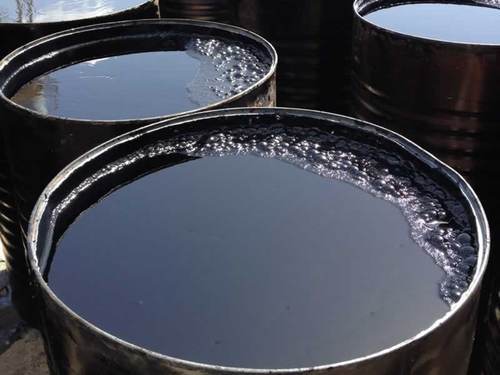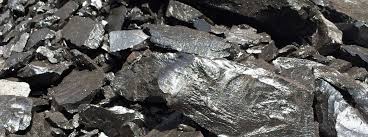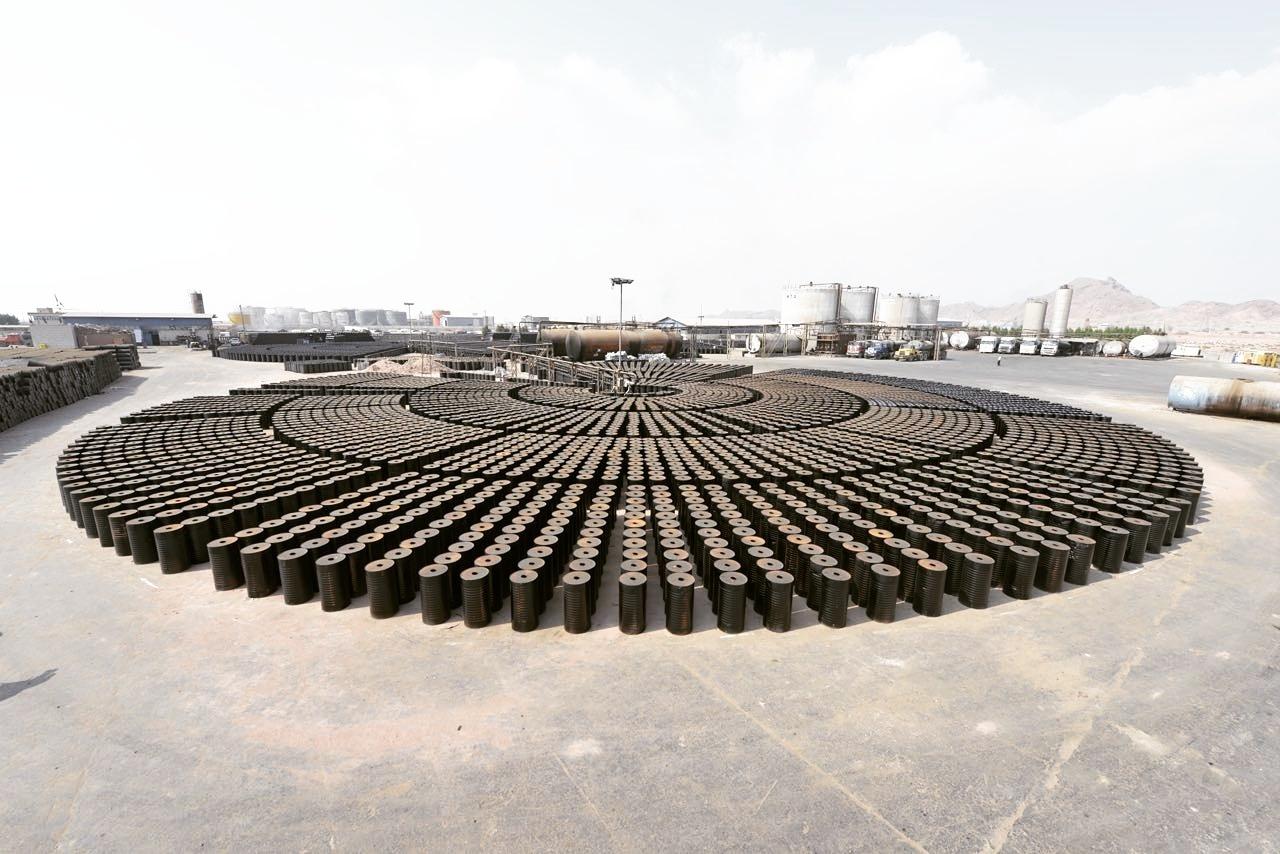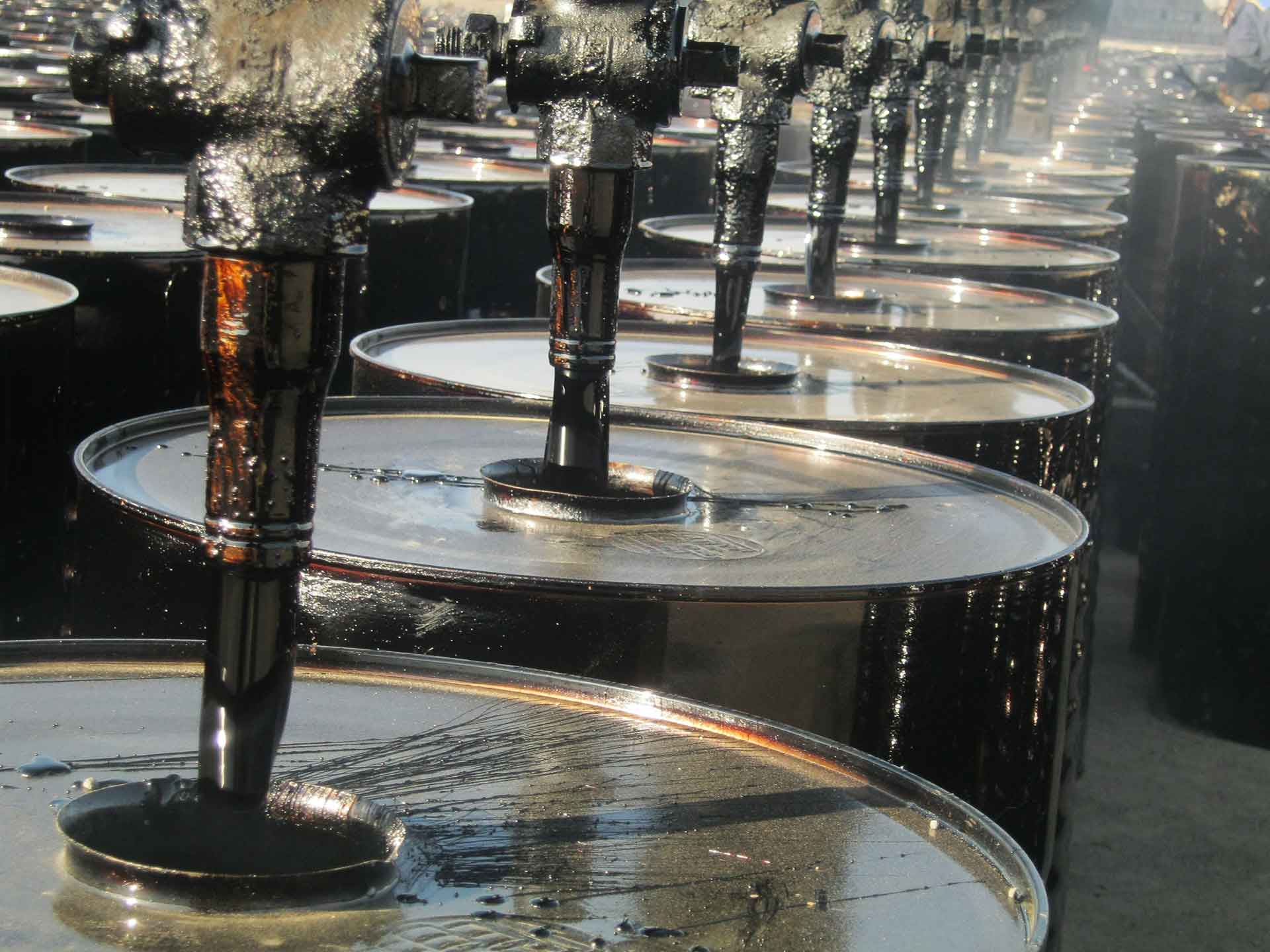
Penetration Bitumen Grade 90/130
Bitumen grade 90/130 is a premium brand that is dark brown or black color similar to cement-shape semi-solid or viscous liquid form produced by the non-destructive refining of crude oil during petroleum refining.
The exact chemical composition of bitumen is dependent on the chemical complexity of the original crude oil and the manufacturing process. Bitumen Grade 90/130 has mechanical properties as below table. Penetration bitumen grade 90/130 has properties of 90~130 desimilimeter and softening point 43~47 Deg.C.
Bitumen 90/130 could also be a specialist fuel grade, typically exclusively created in regarding 65th of refineries around the world and with a yield of exclusively 3%~4% of the total crude slate, bituminous crudes from the likes of oil countries tend to supply rather additional, but these a further specialized refinement methodology, means that on the way facet the potential of most ancient refineires.
Application of bitumen 90/130 grade:
Penetration bitumen grade 90/130 is used for paving, road construction and used for hot mixed asphalt because of the properties of very strong viscosity compared to other grade.
Bitumen 90/130 is Elastic and Plastic:
When one takes a thread of bitumen 90/130 from a sample and stretches or elongates it, it is the power to return to a length preparing to its original length eventually.
For many bitumen 90/130 this technique might take longer than others.
The properties are mentioned as a result of the elastic character of bitumen.
When temperatures unit of measurement raised, equally as once a load is applied to bitumen 90/130, the bitumen 90/130 will flow, but will not come back to its original position once load is removed.
This condition is alleged as plastic behavior. Applying a load implies that you simply place a weight on the bitumen 90/130 therefore on subject it to fret.
This may well be throughout a groundwork science lab or at intervals the bitumen 90/130 final position at intervals the road and it's done to assess the bitumen 90/130 reaction to the load.
Data Sheet of penetration bitumen grade 90/130:
| Bitumen 90/130 | Specification | Test method |
| Specific Gravity @25/25cg | 1.01/1.06 | D-70 |
| Penetration @25 Deg.C | 90/130 | D-5 |
| Softening point, Ddeg.C | 43/47 | D-36 |
| Ductility @ 25 Deg.C | 100min | D-113 |
| Loss on heating (WT) % | 0.2 max | D-6 |
| Drop in penetration after heating % | 20 max | D-6, D-5 |
| Flash point, Deg.C | 250 min | D-92 |
| Solubility IS CS2(WT) % | 99.5 max | D-4 |
| Spot test | negative | A.A.S.H.O.T102 |

Penetration Bitumen Grade 70/100
Bitumen grade 70/100 is a premium brand that is dark brown or black color similar to cement-shape semi-solid or viscous liquid form produced by the non-destructive refining of crude oil during petroleum refining. The exact chemical composition of bitumen is dependent on the chemical complexity of the original crude oil and the manufacturing process.
Penetration bitumen grade 70/100 has properties of 70~100 desimilimeter and softening point 43~51 Deg.C.
Application of bitumen 70/100 grade:
Penetration bitumen grade 70/100 is used for paving, road construction and used for hot mixed asphalt because of the properties of very strong viscosity compared to other grade.
Bitumen 70/100 is Elastic and Plastic:
When one takes a thread of bitumen 70/100 from a sample and stretches or elongates it, it is the power to return to a length preparing to its original length eventually.For many bitumen 70/100 this technique might take longer than others.
When temperatures unit of measurement raised, equally as once a load is applied to bitumen 70/100, the bitumen 70/100 will flow, but will not come back to its original position once load is removed.
This condition is alleged as plastic behavior. Applying a load implies that you simply place a weight on the bitumen 70/100 therefore on subject it to fret.
This may well be throughout a groundwork science lab or at intervals the bitumen 70/100 final position at intervals the road and it's done to assess the bitumen 70/100 reaction to the load.
Data Sheet of penetration bitumen grade 70/100:
| Bitumen 70/100 | Specification | Test method |
| Specific Gravity @25/25cg | 1.01/1.06 | D-70 |
| Penetration @25 Deg.C | 70/100 | D-5 |
| Softening point, Ddeg.C | 43/51 | D-36 |
| Ductility @ 25 Deg.C | 100min | D-113 |
| Loss on heating (WT) % | 0.2 max | D-6 |
| Drop in penetration after heating % | 20 max | D-6, D-5 |
| Flash point, Deg.C | 250 min | D-92 |
| Solubility IS CS2(WT) % | 99.5 max | D-4 |
| Spot test | negative | A.A.S.H.O.T102 |
| Properties | specification | Test Method | |
| 70# | 90# | ||
| Penetration (25°C, 100g, 5s), 0.1mm | 60-70 | 80-100 | ASTM D5 / GB T4509 |
| Ductility (25°C), cm | ≥150 | ≥150 | ASTM D113 / GB T4508 |
| Softening Ponit, °C | 49-56 | 45-52 | ASTM D36 / GB T4507 |
| Solubility (in C2HC13), % | ≥99 | ≥99 | ASTM D4 / GB T11148 |
| Flash Point (Open Cup Method), °C | ≥260 | ≥260 | ASTM 92 / GB T267 |
| Wax content, % | ≤3 | ≤3 | SH T0425 |

Application of Gilsonite
- Asphalt and Road Construction
- Gilsonite in Oil well Drilling Fluid Additives and Cement
- Printing Ink Industry
- Paint industry
- Foundry Industry
Asphalt and Road Construction:
Gilsonite is used as a performance-enhancing agent for asphalt mixes. Gilsonite can partially or totally replace, or complement, the use of SBS polymers in modified asphalts at a fraction of the cost. Gilsonite-modified asphalts have higher stability, reduced deformation, reduced temperature susceptibility and increased resistance to water stripping than non-modified asphalts. Gilsonite is also used to make both solvent-based and emulsion pavement sealers with superior appearance and weathering properties.
Gilsonite micronized powder is used in the production of blue bitumen emulsion. The world consumption of bitumen emulsion has increased rapidly. Bitumen emulsion is known as green and environmentally friendly bitumen.
Gilsonite in Oil well Drilling Fluid Additives and Cement:
Gilsonite is used in drilling mud fluids and oil well cementing.
Gilsonite, "Natural asphalt, Natural Bitumen" in a range of softening points and particle sizes, is a standard ingredient in oil-based drilling muds used in shales and other difficult geological formations. The addition of specially-treated Gilsonite to water-based drilling fluids helps minimize hole washout by stabilizing troublesome shales, and seals off highly permeable sands while reducing torque and drag.
The addition of Gilsonite to oil well cements reduces slurry weight without loss of compressive strength and acts as an effective bridging and plugging agent to seal fractures in weak formations while cementing. also Gilsonite,"Natural asphalt, Natural Bitumen" use in Mud drilling according to FLC " Filtrate Loss Control " or " Fluid Loss Control " in oil base mud.
Printing Ink Industry:
Gilsonite Resin is widely used as the primary carbon black wetting agent for black news inks.
Gilsonite, "Natural asphalt, Natural Bitumen" Resin competes advantageously with petroleum-based hydrocarbon resins, phenolic resins and metal resinates, all of which it can complement or replace to various degrees. Various concentrations of our Gilsonite Resin are used to manufacture law-rub-off news inks with superior gloss and tack properties. Special grades of Gilsonite called Selects are also standard ingredients in black ink formulations and are used as additives in asphaltic paints and varnishes. For Paint , If added to asphaltic paints and varnishes, Gilsonite's unique qualities improve their roughness, gloss and chemical and weather resistance.Printing Inks, Gilsonite, "Natural asphalt, Natural Bitumen" is an important cost-effective ingredients in the manufacture of high quality vehicles for dark printing inks.
Paint industry:
Gilsonite combines with many other chemicals and materials that take advantage of its unique physical and chemical properties.
BINDER AND COATING APPLICATIONS IN METALLURGICAL, WOOD PRODUCT, REFRACTARY AND OTHER INDUSTRIES FURTHER DEMONSTRATE THE VERSATILITY AND USEFULNESS OF THIS REMARKABLE MATERIAL.
Foundry Industry:
Physical Sand properties with Gilsonite resin are equal or superior to sea coal at significantly lower additive levels.
Gilsonite improves sand density, water requirements and strength (green, dry, baked, and hot). Gas evolution curves show that Gilsonite volatilizes more rapidly than sea coal. Gilsonite has the same total volatiles as sea coal at one-third the additive level.










